Listen to the Podcast Version Below.
In my last post, I talked about the mental clutter that comes from piles of unfinished music—and how cleaning up your project folder can clear more than just hard drive space. Maybe you tried it for yourself. Maybe you got some clarity and some direction. But now you’re staring at a list of unfinished songs thinking: Now what?
Finishing music is a different beast than starting it. And if you’ve got limited time, imperfect skills, and a tendency to overthink (like I do), it’s easy to stay stuck in that middle ground forever.
This post is about ways to get unstuck—and more importantly, finishing what you’ve started. Because finishing is where the real growth happens.
Why We Get Stuck
Let’s start with something you already know: making music takes time. And if you don’t give yourself some constraints, it’ll consume all the time you have—and then some. That’s Parkinson’s Law at work: “Work expands to fill the time available for its completion.”
I think about this constantly because it’s probably the thing that I’ve struggled with the most over the years. But that’s not the only thing holding us back.
- The skills gap can feel unbelievably wide when you have a vision for your music but lack the technical ability to get it there.
- Perfectionism makes you think this next song has to be “the one.” And if it doesn’t sound as good as (insert your favorite artist here), it isn’t ready for the world to hear.
- Overwhelm can paralyze you. Without having a process or a plan for how to approach finishing a song, it’s easy to get lost focusing on things that don’t really matter or to simply avoid doing the work altogether.
The good news is that there are ways through it.
Getting Unstuck
Let me ground this with a real example. When I decided that it was really time to start working on the City/Ruins album I mentioned in the last post, I knew that there were some obstacles that had gotten the better of me in my previous attempts. I needed a new plan.
Here are some tools and concepts that helped me get to the finish line.
1. Set a deadline
I looked at my calendar, picked a date, and made a plan. If you know when the song needs to be done, you can work backwards from there and plan accordingly. It’s ok to make adjustments as you go, but you’ve got to pick a date. I think I bumped the release date twice because things were taking longer than I initially anticipated. That’s ok. Life happens and unless you’re working on something for a client with a hard deadline, extending your end date isn’t a big deal.
Another thing to keep in mind with deadlines is that you have to be realistic. How much time do you actually have each week? Be honest. If you’ve only got 6 hours a week, stop comparing your output to full-time producers.
2. Have A Vision
Even a vague one. Are you making a polished single or just a demo? Knowing the purpose of the project helps you make smart tradeoffs and avoid rabbit holes. Figure out what the vibe of the song is. What the instrumentation is going to be. You don’t have to have it all figured out in advance, but it helps to have an idea.
Also, don’t try to make the song something it’s not. Especially in the mixing phase, it’s easy to start chasing other people’s sound. I fell into this trap when initially trying to mix the City/Ruins songs. I knew the influences of the guys that wrote the music, and I started trying to make it into something it wasn’t.
3. Chunk It Down
“Finish the song” is not a task. It’s dozens of smaller tasks. There are a lot of different ways you can break it down, and the steps you need to take are going to depend on where you are in the process already and what the end goal is.
For instance, when I’m producing vocals for a song, it generally consists of recording, comping, tuning, and editing. Depending on what kind of time I have available, I might take one session to track just the verses of the song. Then the choruses next time. Then comp after that. It goes on and on. Break it down as far as you need to to make progress. Small consistent steps over time is what will see you through to the end.
4. Batch Your Tasks
This is a concept that is somewhat new to me, but it’s a game changer. Avoid context-switching. Don’t mix and match creative tasks with technical ones. Sure, many of the creative things you do in the DAW are technical by default, but your brain is doing very different things when you’re recording vs editing vs mixing.
Creative tasks (like recording/performing instruments or doing a static mix) use a totally different part of your brain than technical tasks (like tuning vocals, aligning drum hits, or editing guitar DIs).
When you bounce between them, you short-circuit both modes. Give each task the focus it deserves, and you’ll move faster and feel less drained.
5. Ask for Help
You don’t have to DIY everything. Hire someone. Trade with a friend. Let go of the idea that “real” musicians do it all. If you are a bit of a control freak or just want to be able to say “I did everything”, this one could be a challenge for you. But it’s an opportunity to make some new connections, step out of your comfort zone, and most importantly get you to your goal faster.
My first experience with getting help was for drum editing. I knew that I didn’t have the skills to do what needed to be done, and I wasn’t going to put it off until I learned how to do it. So I hired someone to edit them for me. It wasn’t easy for me to do, but it ended up being a great experience (shout out to Matt Norriss at Piraxa Studios). It sped up the process and made the final product better. This also helped keep me motivated because now I had a monetary investment involved.
6. Focus on the 20% That Matters
It’s really easy to get swept away in the small details of song production. But the reality is that many of the things we obsess about don’t really matter. The 80/20 rule is as real here as anywhere else. Song structure, memorable hooks, great performances, song dynamics. Those are the levers that move a song. The plugin chain on your hi-hat? Not so much.
7. Trust Your Gut
If it sounds good, it is good. Don’t overthink your way out of finishing. It’s easy to start trying to fixing problems that don’t actually exist or constantly second guess your creative decisions.
Closing Thoughts: Finish and Move On
You don’t have to release every song. You don’t have to make every track a masterpiece. But finishing something (even if it’s messy) unlocks a part of your brain that stays stuck when you leave things open. It frees up mental space, builds creative confidence, and gives you momentum for the next one.
So here’s your challenge:
- Pick one song.
- Decide what it is (a demo? a single? practice?).
- Set a deadline.
- Do the next thing. And the next.
- Finish it.
Then? Do it all again. That’s how you grow. That’s how you close the gap.
And if you missed the last post on cleaning up your project folder, you can check it out here. It pairs perfectly with this one.
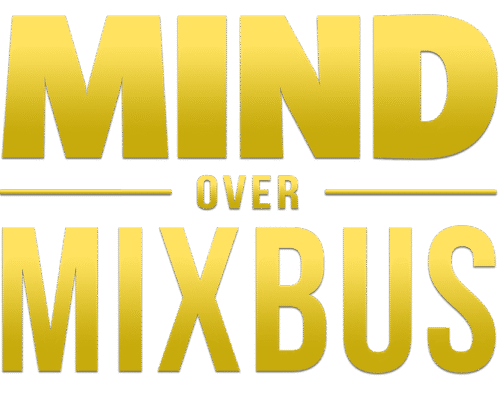
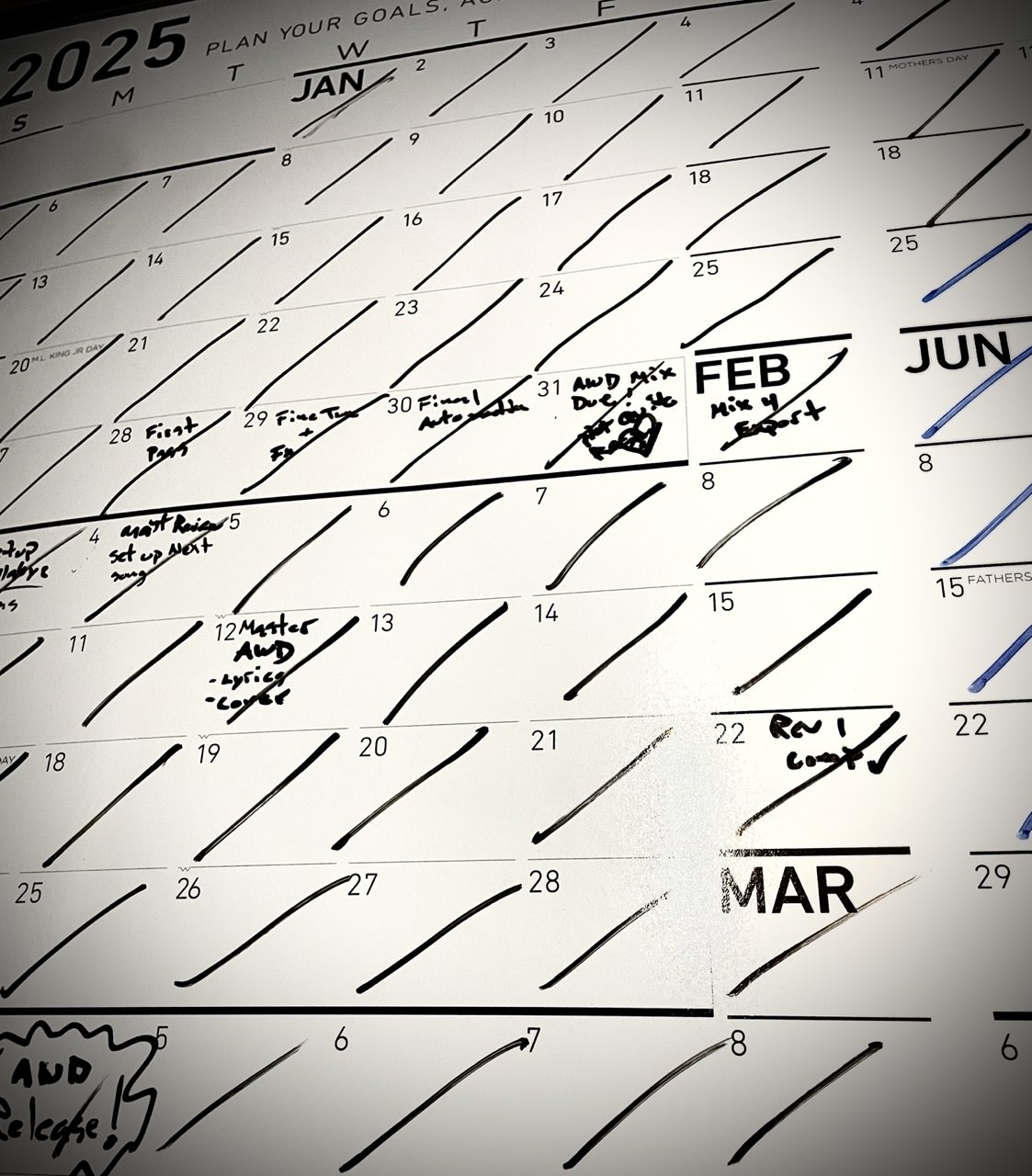
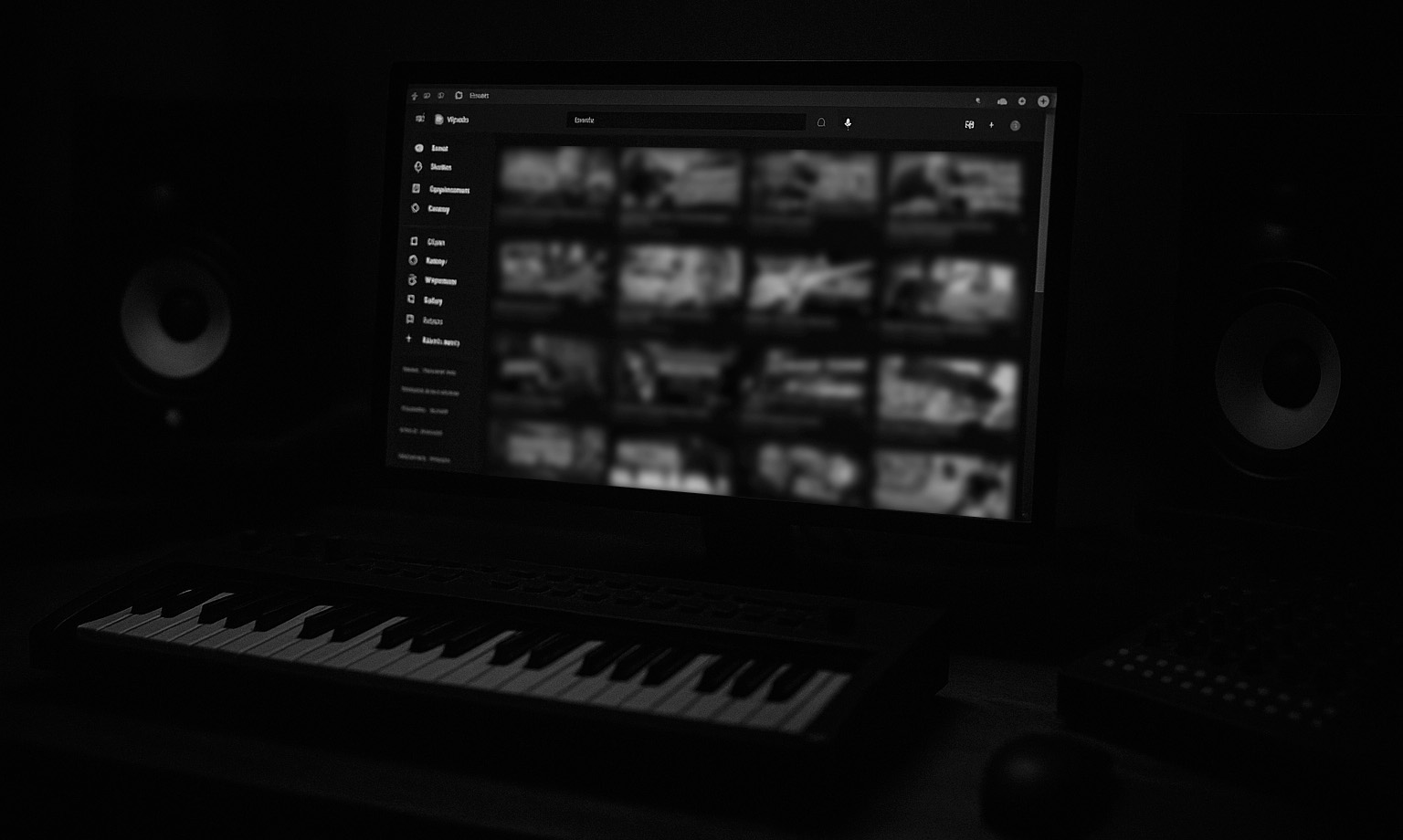
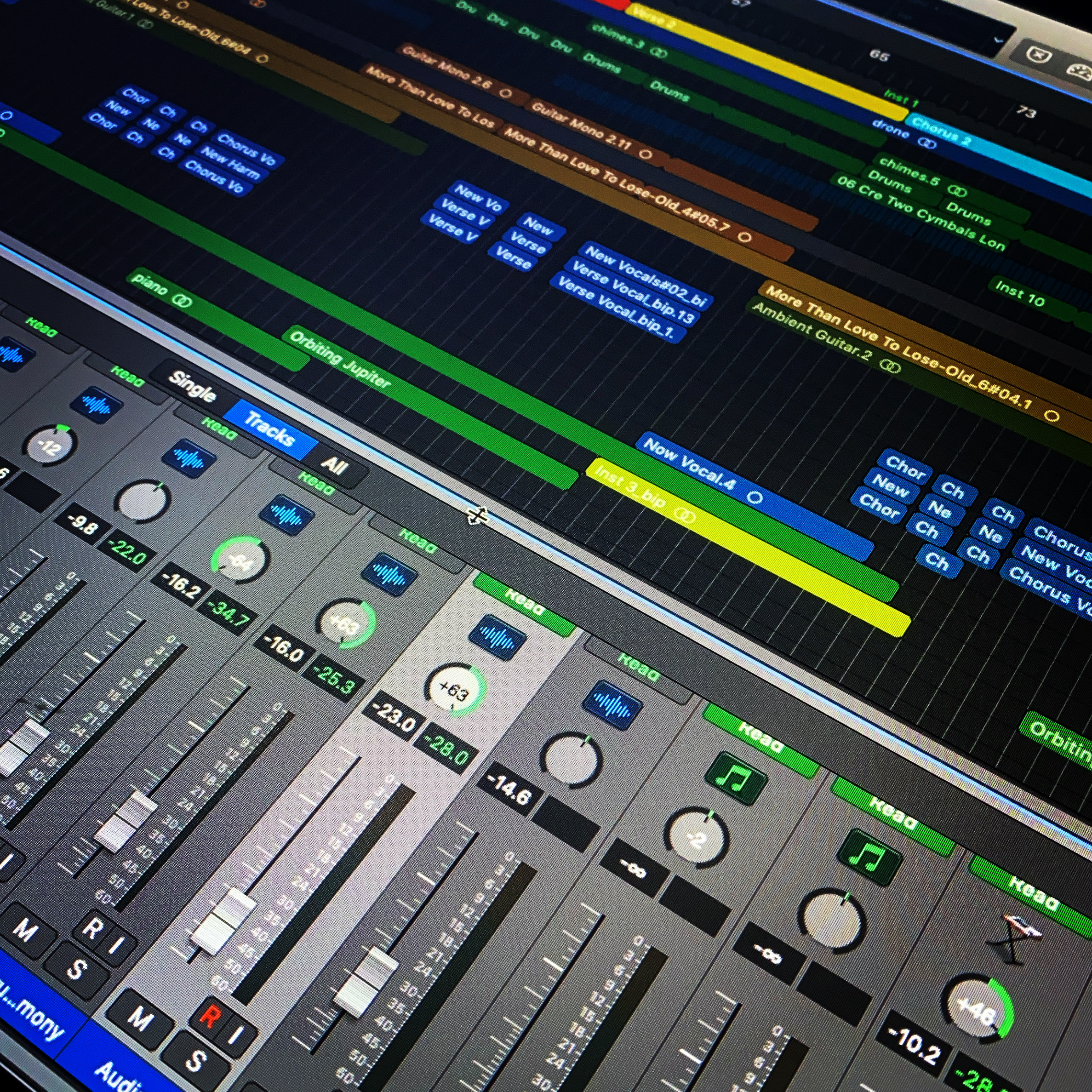
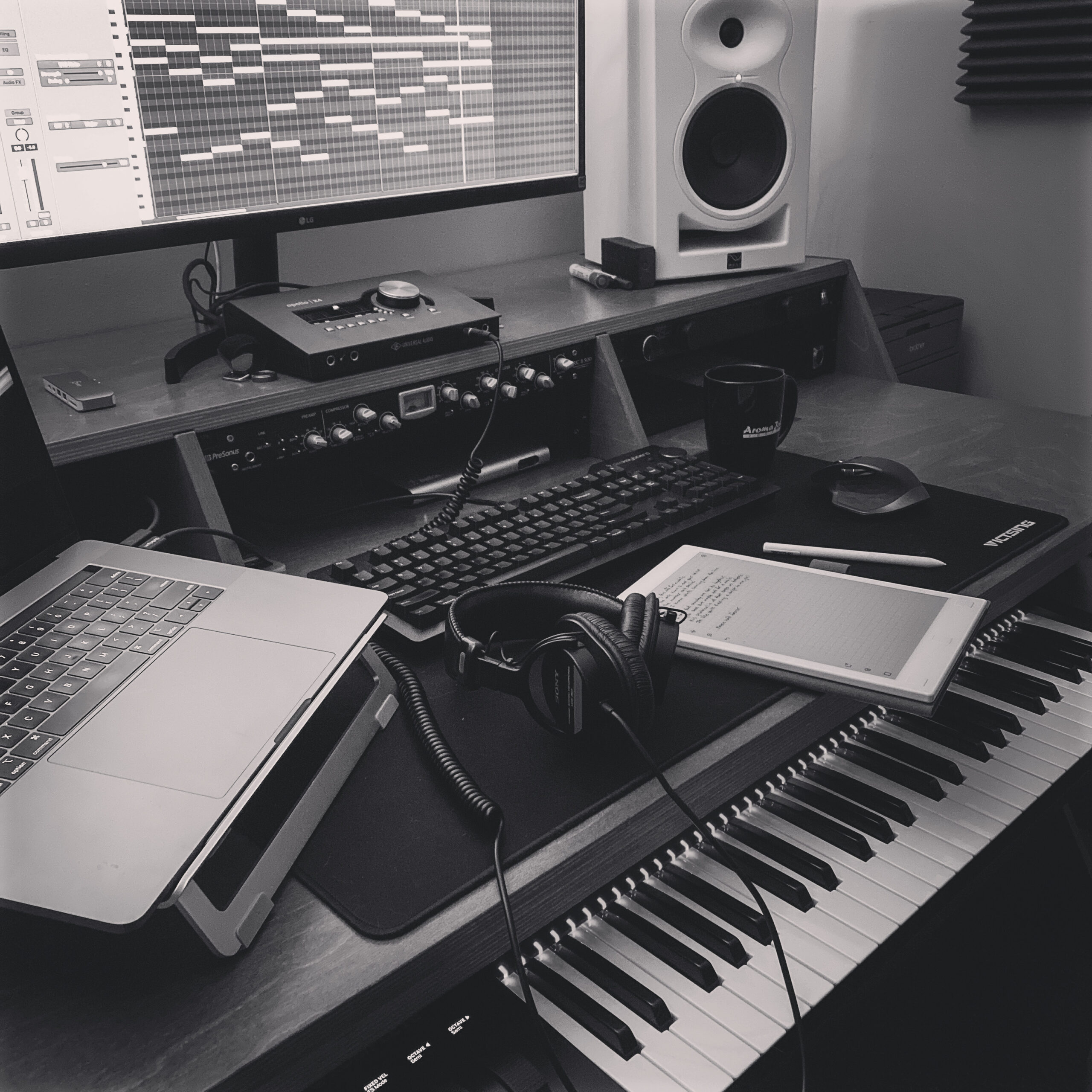
Leave a Reply